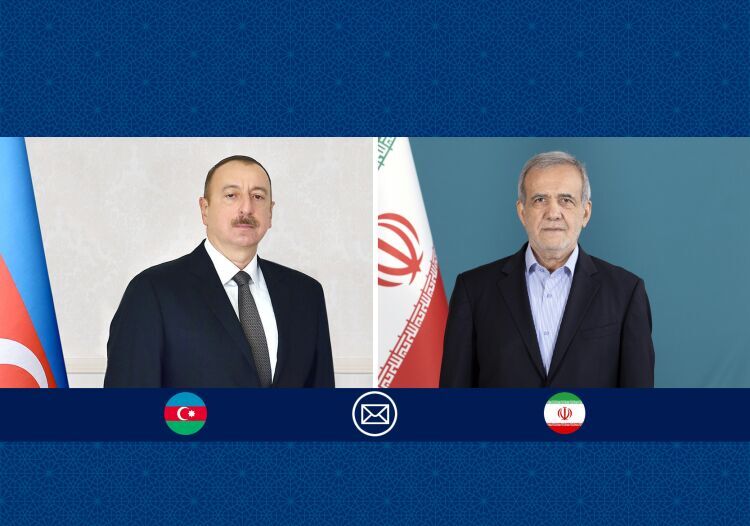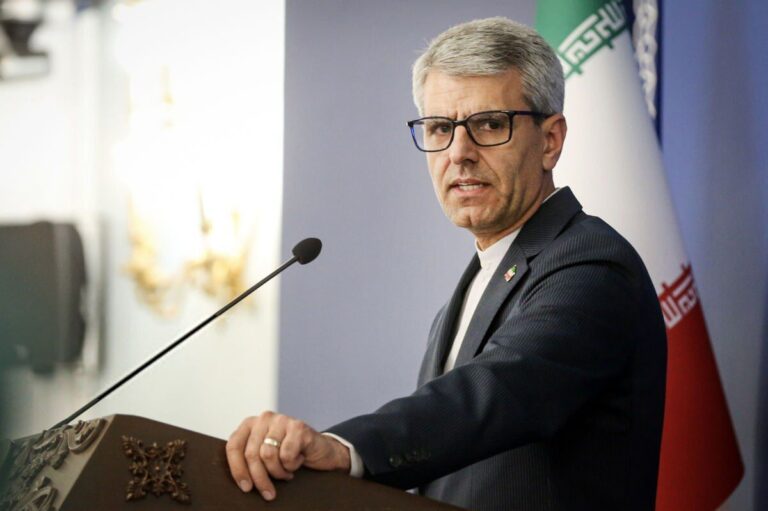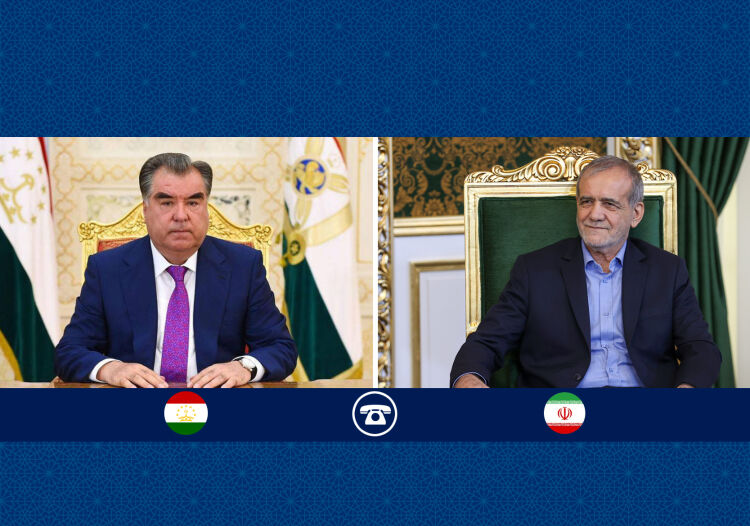
Similar Posts
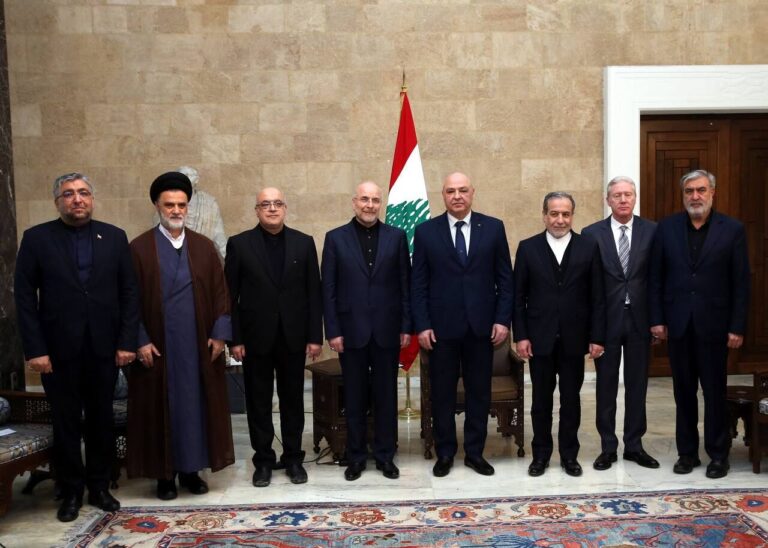
Iranian Delegation Engages in Key Talks with Lebanese President in Beirut
An Iranian government delegation, led by Parliament Speaker Mohammad Baqer Qalibaf and Foreign Minister Abbas Araqchi, visited Beirut to attend the funeral of Hezbollah leaders Sayyed Hassan Nasrallah and Sayyed Hashem Safieddine, who were assassinated by Israel. The meeting, which included discussions with Lebanese President Joseph Aoun, emphasized regional unity amid ongoing challenges. Qalibaf hailed Nasrallah as a symbol of resistance against Israeli aggression and highlighted Lebanon’s resilience in restoring security despite the loss of its leaders. This visit underlines the solidarity among nations and the enduring spirit of resistance against oppression in the region.
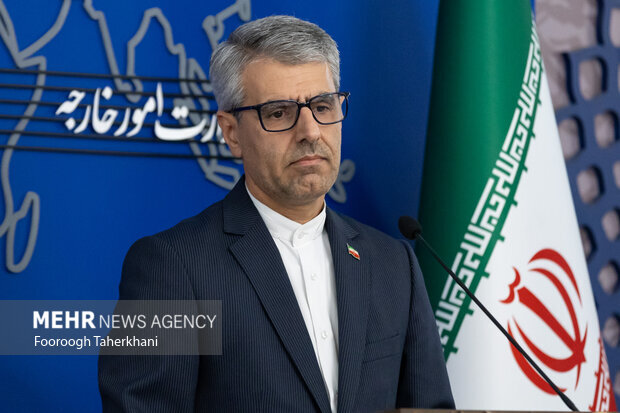
Unlocking the Terms: What ‘Threat’, ‘International Peace’, and ‘Security’ Really Mean
Iranian Foreign Ministry Spokesman Esmail Baghaei recently addressed escalating tensions with the European Union over human rights and nuclear energy issues. In response to EU foreign policy chief Kaja Kallas’s comments, Baghaei condemned the EU’s accusations, emphasizing that the real threat to global peace is Israel’s nuclear arsenal and its actions in Gaza. He rejected claims of Iran’s involvement in the Ukraine crisis and criticized the EU’s support for Ukraine’s NATO membership. Baghaei also highlighted the EU’s failure to uphold the 2015 nuclear agreement and called for diplomatic resolutions, asserting that blame-shifting will not resolve ongoing disputes.
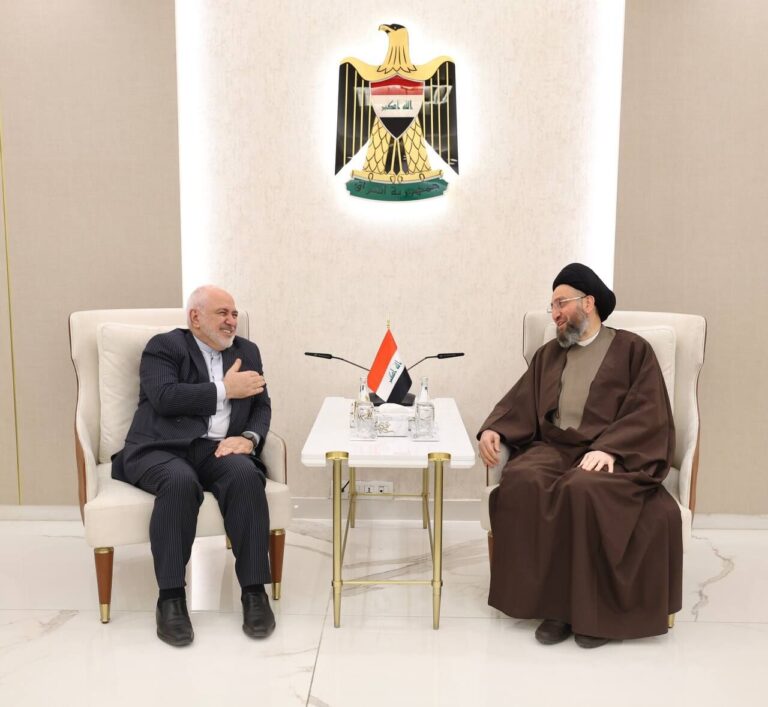
Zarif Engages in Strategic Talks with Iraqi Leader Ammar al-Hakim
Iranian Vice-President Mohammad Javad Zarif met with Seyyed Ammar al-Hakim, leader of Iraq’s National Wisdom Movement, to discuss enhancing regional cooperation and stability. Al-Hakim emphasized the need for collaborative solutions to current tensions, called for participation in the reconstruction of Gaza and Lebanon, and advocated for Syrian people’s rights to express their will and establish an inclusive government. He also highlighted Iraq’s significant political, social, and economic progress, stressing the importance of maintaining these achievements for national stability. Al-Hakim concluded that the stability of the Middle East depends on the stability of all nations, respecting their unique characteristics.
